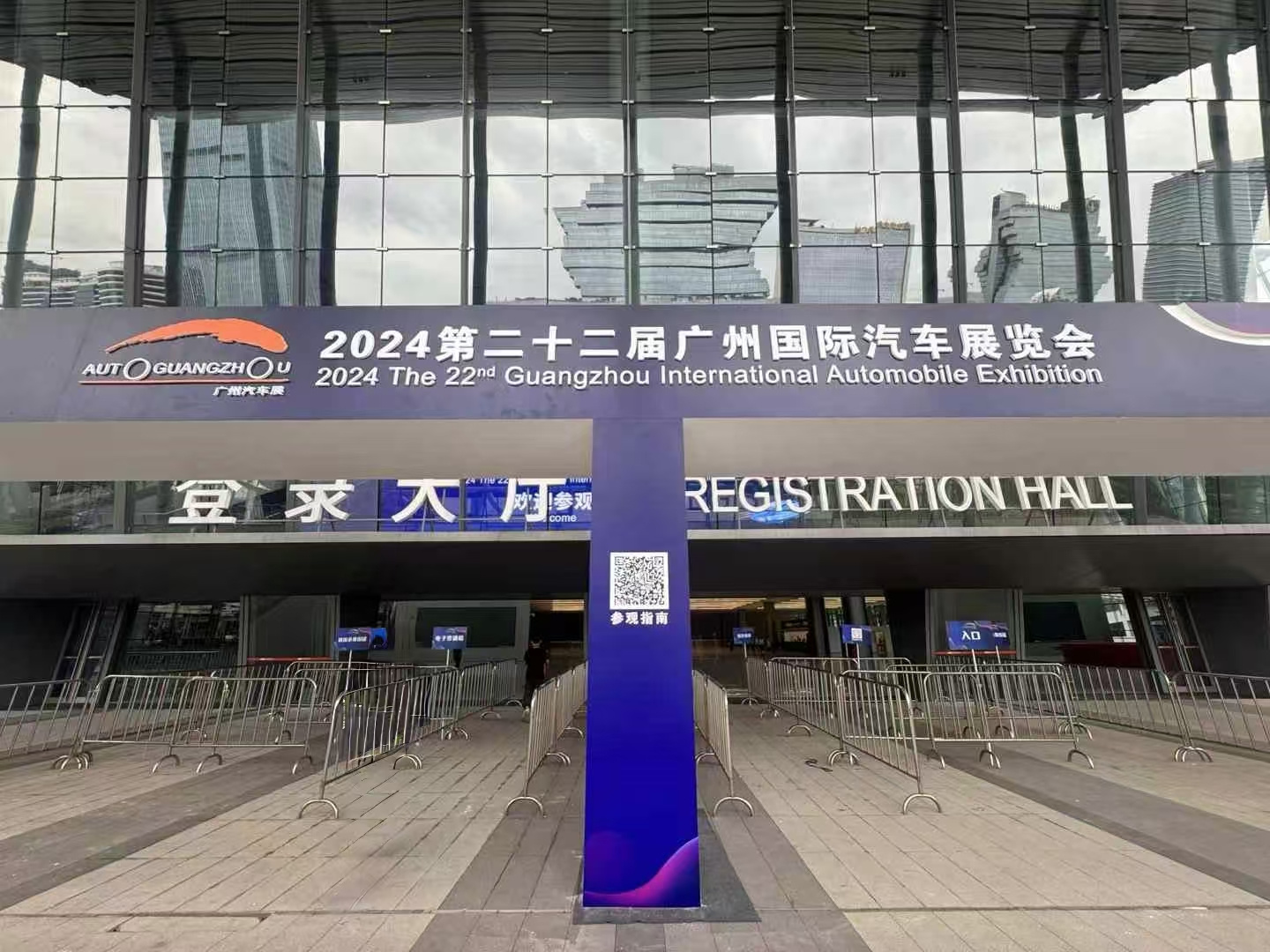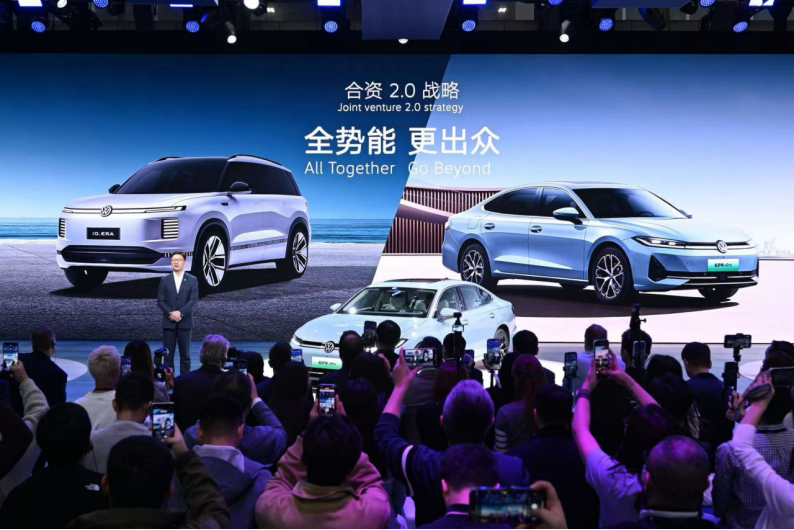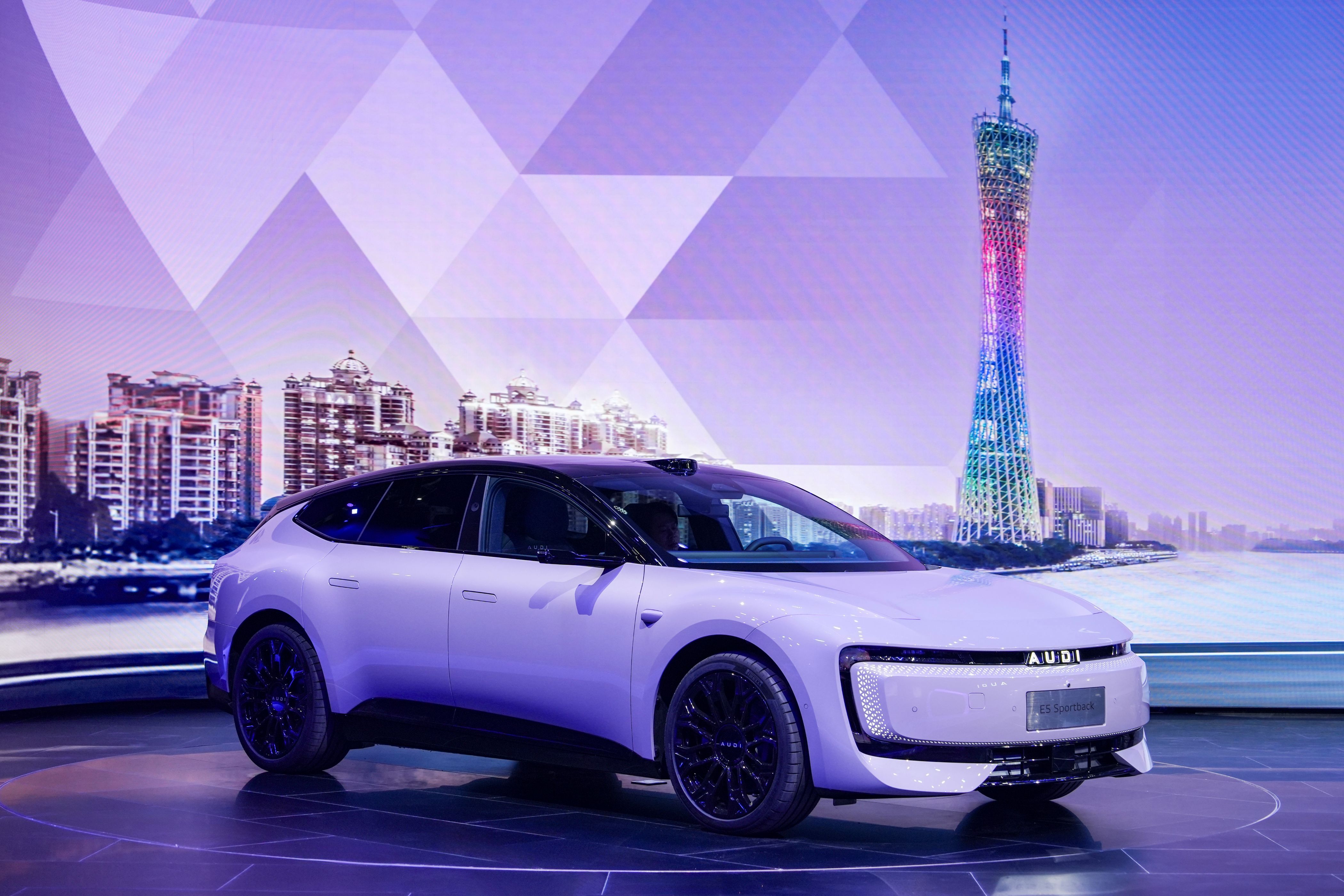
On November 15th, the annual Guangzhou Auto Show has arrived, accompanied by temperatures that have not significantly dropped since the beginning of winter.
It is often said that all good things must come to an end, and that "the tides of the Yangtze River push the waves behind." Therefore, it is not surprising that some brands are absent from this year's show. However, when it became known that more than ten brands would be missing, the attention on these absentees surpassed that on the participating brands.

Compared to last year's Guangzhou Auto Show, this year sees the absence of thirteen brands including Genesis, HiPhi, Chery Jaguar Land Rover, Subaru, FAW Volkswagen Jetta, Chevrolet, Polestar, Hozon, Farizon Auto, Venucia, LanDian, Rolls-Royce, and Maserati.
However, alongside those absent, there are new "players" in the mix. This includes new brands such as Xiaomi, Ledo, Yizhen, Jishi, and 212 off-road vehicles that have never participated before, as well as returning "old friends" like Dongfeng Infiniti, FAW Bestune, Dongfeng Fengxing, Baojun, and Wenshan.
Overall, the number of vehicles on display at this year's Guangzhou Auto Show increased by 39 compared to last year, totaling 1,171 vehicles. Among these, there are 78 global debuts, 6 multinational company debuts, and 512 new energy vehicles.
Absentees: Some Struggling, Others Choosing Wisely
In this unprecedented situation, some brands have proactively chosen to "withdraw from the fray," and the reasons vary widely. They can generally be categorized into a few major types.
Some brands are facing grave concerns regarding their survival, particularly high-profile names like HiPhi and Farizon Auto. HiPhi has gone from shut downs in February to live sales efforts in March, to filing for bankruptcy in August and entering a stage of pre-restructuring. Currently, HiPhi is entangled in numerous issues and is facing elimination.

On the other hand, Farizon Auto, which frequently appears on airport billboards, is backed by the well-known Dayun Group. At the 2022 Chengdu Auto Show, Farizon made its debut as a "new energy vehicle brand under Dayun" and showcased four pure electric models: Y6, Y7, H8, and H9. This year, all four models have been launched, yet their combined total sales hover around just 1,000 units.
Additionally, Farizon has reportedly experienced severe employee turnover and delays in wage payments. Furthermore, its parent company, Dayun Group, began facing nearly 600 million yuan in frozen assets in September, confirming that Farizon’s financial situation is dire.
In contrast to some brands that are truly on the brink, other absentees have a background of less-than-ideal sales figures. Brands like Genesis, Jetta, Chevrolet, Polestar, Venucia, Rolls-Royce, and Maserati fall into this category.
Among these, Rolls-Royce's absence comes as a surprise. However, looking at the broader picture, it’s important to note that between January and September this year, China saw an import volume of 534,000 vehicles, a year-on-year decrease of 4.1%, with super luxury vehicles experiencing a cumulative drop of 33.53%. For instance, Rolls-Royce's sales dropped by 57% in the same period, while rival McLaren saw an even steeper decline of 88%. The allure of super luxury brands has diminished for Chinese consumers, prompting Rolls-Royce to streamline its strategy by stepping back from a relatively low-profile exhibition like this auto show.

Among all the absentees, the absence of Chery Jaguar Land Rover stands out as particularly unexpected. Insiders speculate that their absence stems from strategic evaluations and considerations. Reports indicate that the brand is undergoing internal restructuring and has assessed that participating in the auto show doesn’t significantly aid their sales efforts, leading to their first-ever absence.
This somewhat underscores that, compared to the industry-focused Beijing/Shanghai auto shows emphasizing new technologies and products, and the Chengdu Auto Show which leans towards sales, the Guangzhou Auto Show has somewhat unclear positioning as an A-level exhibition.
Similar to how Changan Automobile and its brands Peugeot and Citroën have missed several consecutive Guangzhou Auto Shows due to the limited number of potential consumers in the Pearl River Delta – which impacts their sales – they have decided not to attend this year.
Newcomers: A Mix of Fresh Talent and Comebacks
While many automotive industry leaders have made statements like, "Only three or five brands will be left in the end," the number of "new players" in the automotive sector has not diminished over the past two years.
This year's Guangzhou Auto Show features several emerging brands. Among them, Xiaomi and Ledo are obviously the hottest. Notably, Xiaomi will officially unveil the production version of its SU7 Ultra at this show, shortly after its prototype set a record as the fastest four-door car on the Nürburgring. The Xiaomi pavilion in Hall 17.2 is expected to be the most popular at this year's show.

In Hall 17.2, directly across from Xiaomi’s booth is Ledo, which is also likely to attract considerable attention. As a mainstream brand under NIO targeting the family market, Ledo's first model, the Ledo L60, was launched just over two months ago and is gradually ramping up production capacity, with an October delivery amount exceeding 5,000 units. Considering Ledo's prior announcement of order volume reaching 65,000 within five days, the recurrent issue of production capacity shortages often seen among new energy brands appears to be playing out here as well. However, as one of the few battery-swapping models currently available, Ledo is likely to attract many visitors at the exhibition.

While brands like Xiaomi and Ledo are making waves, others such as 212, Yizhen, and Jishi might not garner as much publicity. However, their focus on specific market segments contributes undeniably to the richness of the Chinese automotive landscape.
In contrast to these newcomers, brands like FAW Bestune, Dongfeng Infiniti, Baojun, and Dongfeng Fengxing are making a comeback after being absent for a year. These brands are generally at a pivotal juncture with their new products and are eager to re-engage with the domestic automotive market’s competition.
Whether representing the new forces of the automotive industry or the returning old friends, all are set to bring more "new" themes to the 2024 Guangzhou Auto Show, themed "New Technology, New Life," infusing fresh vitality into the development of the Chinese automotive market.


